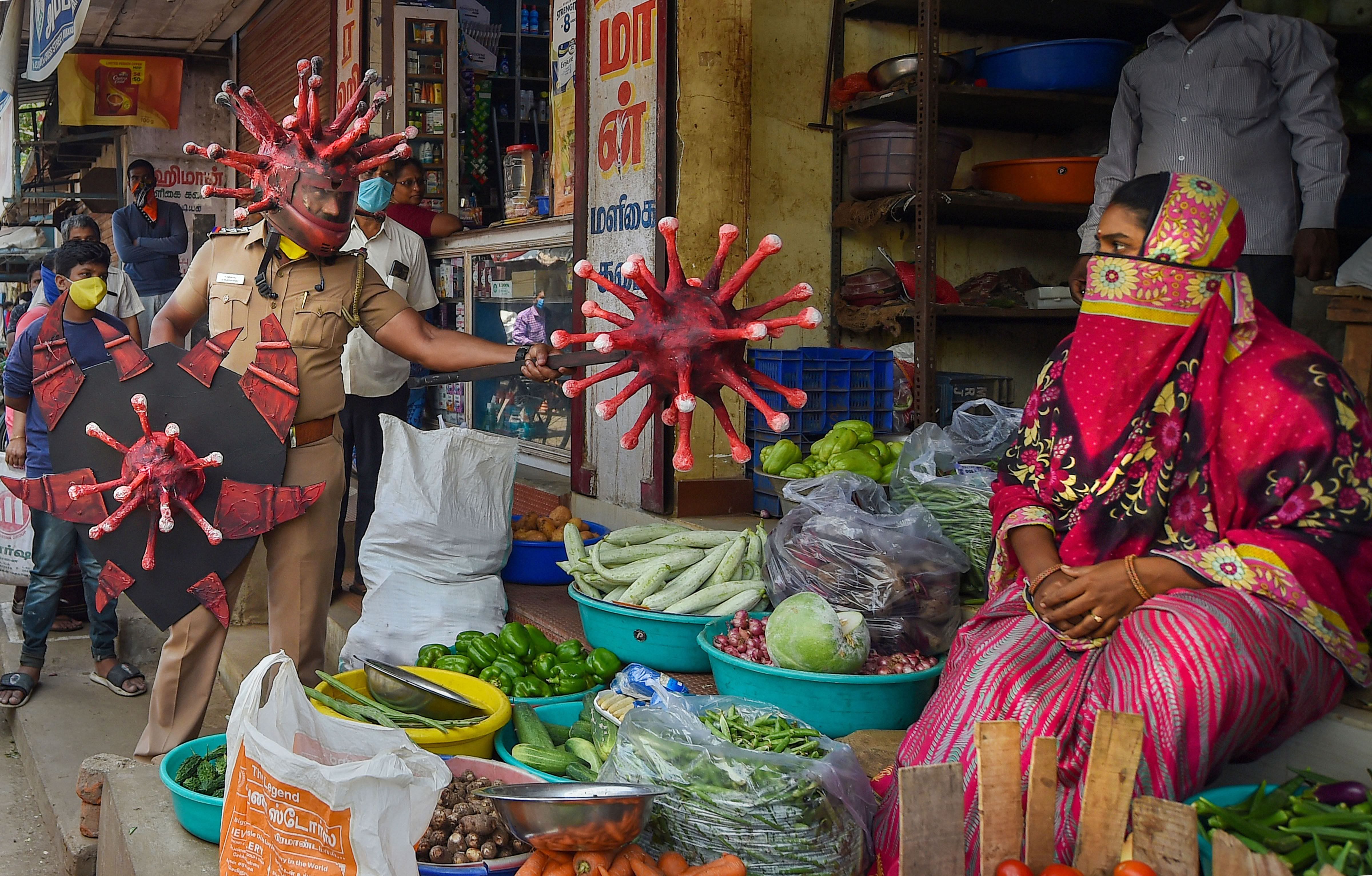
The participants of the religious congregation, organised by Tablighi Jaamat, from Tamil Nadu had travelled in small groups of 10 to 20 people on separate dates and had taken different modes of transport with a majority of them travelling by trains.
They followed the same pattern while returning to their respective hometowns.
This made the process of tracking 1,500-odd people who attended the conference from the state quite difficult as there was no common link between them except for the fact that they all participated in the same gathering, which went on for 10 days, though in phases.
For days, officials involved in tracking the contacts of those who tested positive for Covid-19, worked the phones to reach the participants of the meeting after getting hold of the list, but in vain. They could only reach 515 people as on March 31 and this was admitted by no less than Chief Secretary K Shanmugam.
It was only after an open appeal by Chief Minister Edappadi K Palaniswami and Health Secretary Dr Beela Rajesh, who briefs the media every day on the Covid-19 situation, that more than 600 people voluntarily turned up at various government hospitals across the state on April 1 and got quarantined.
The first case of Thai nationals who tested positive after attending the conference was reported on March 21, but the public appeal came only on March 31.
When asked why there was a delay of ten days, the health secretary evaded a direct response saying contact tracing is a challenging task.
Till the time of writing, the state has quarantined 1,103 persons who attended the Delhi conference and tested all of them, but not all results are out. So far, 234 Covid-19 patients from the state belong to the Nizamuddin cluster, including those who came in contact with them.
How difficult was tracking
A senior Health Department official, involved in the tracking process, told DH: “They (the Jaamat participants) travelled in small groups of 10 to 20 people. Imagine 1,500 people splitting into 40 or 50 groups and travelling according to their convenience and the difficulty in tracking all of them without much details,” the official said.
And many of these people weren’t aware that some of the conference attendees had tested positive for Covid-19.
Another official involved in tracking said: “The tracking was so difficult that we had to rely on various sources to get the phone numbers of those travelled. Once we got the numbers, we tried to get in touch with them. We quarantined all those who picked up and we couldn’t do much with people whose phone numbers weren’t reachable. But they all came forward after the public appeal.”
How attendees travelled
A senior member of an influential Jaamat in Tamil Nadu admitted that participants of the conference usually go in small groups as they don’t come under an umbrella organisation.
“There is no leader as such for such organisations... At the gathering, they may talk to people who have come from districts. Except for that, there is usually no connection between the groups,” he said.
He said that once the two Thai nationals and others who came in contact with them tested positive, several people in the community have been asking those who attended the conference to report to authorities, which many of them did.
“The government could have made the appeal much earlier is what I feel. At least, the appeal was made final, and people showed up voluntarily,” he said.
The latest statistics released by the government said people from at least 21 districts have attended the conference.
How did the tracking begin?
On March 14, a sick Thai national, who had come to Erode as part of a delegation that is also understood to have attended the congregation, had come to the Coimbatore airport to board a flight back to his country.
By then, thermal scanners had been installed at the airport and officials refused to let him fly because he had fever. The 49-year-old Thai national was quarantined at ESI hospital in Coimbatore but tested negative for Covid-19 though he had exhibited symptoms of fever.
“It was a piece of information given by the Thai national, who is no more now, helped us track those who attended the conference. We came to know about the presence of Thai nationals in Erode only after talking to this traveller. We then began tracking the Thai nationals and quarantined six of them. Of the six, two tested positive for Covid-19 on March 21,” the official said.
The local officials then swung into action to track the travel history of the Thai nationals in Tamil Nadu and had even closed entry of three streets where these people had lived.